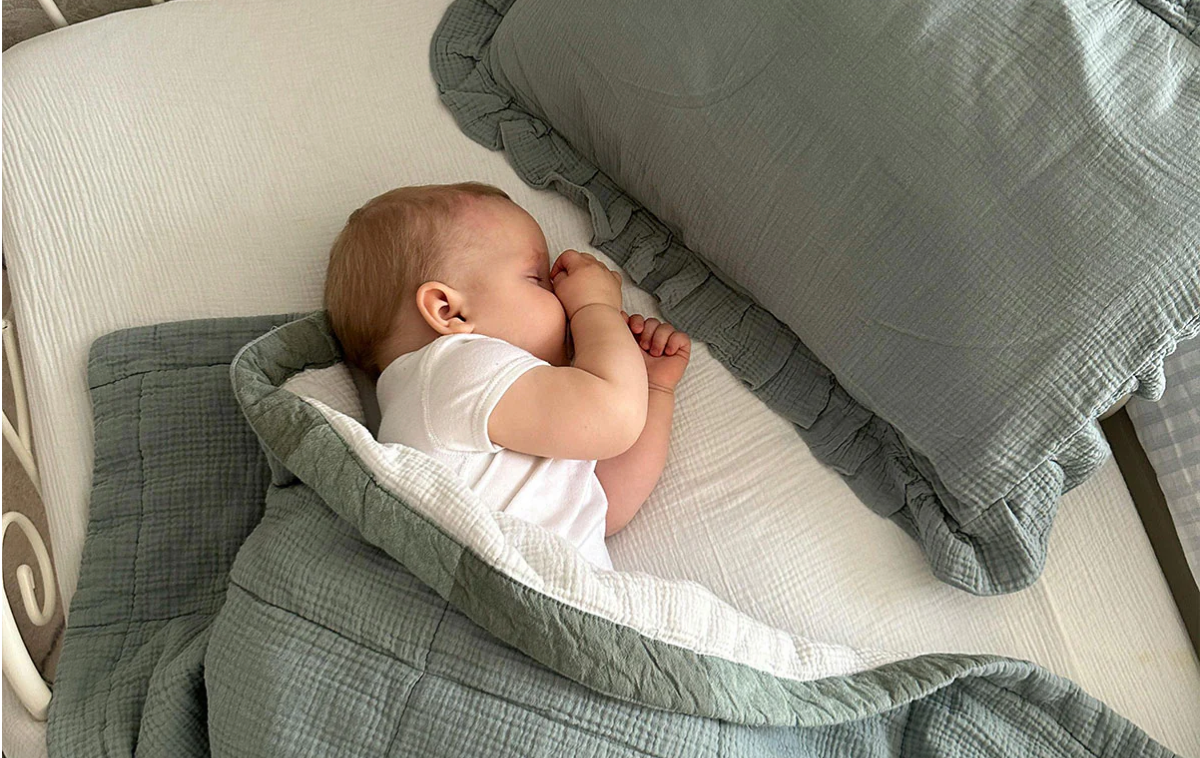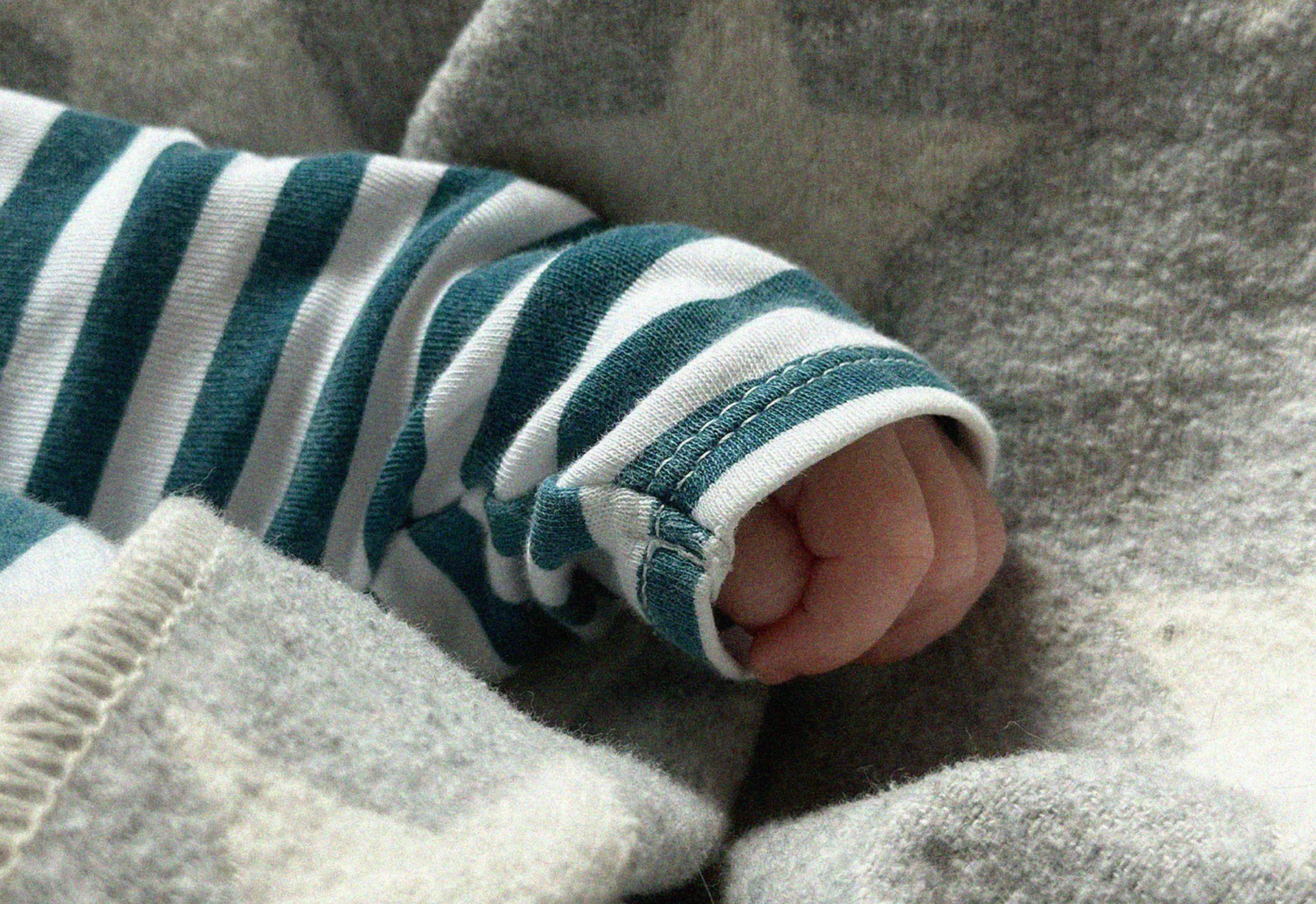Giving birth is a life-changing event. For some women it can be really traumatic. Birth trauma varies for each person and it's important to recognise that only individuals themselves can define their own birth trauma.
The Birth Trauma Association birthtraumassociation.org website says:
Birth trauma is a shorthand term to describe symptoms of distress you might experience after having gone through, or witnessed, a traumatic birth. In some cases, these symptoms can be enough for a diagnosis of post-traumatic stress disorder (PTSD). Research shows that about 4-5% of women experience PTSD after birth – about 25,000-30,000 a year in the UK. Many more women experience some trauma symptoms, such as intense anxiety or flashbacks, but not enough for a PTSD diagnosis. We use “birth trauma” for all these cases.
Birth partners can also develop PTSD from witnessing a traumatic birth. Research suggests that about 1% of dads or partners develop PTSD after seeing their partner go through traumatic birth – and the birth trauma association support dads and partners too.
Many women who feel traumatised after birth often report a sense of loss of control, with decisions made on their behalf. Two women might have similar birth experiences on paper but one may feel there was a loss of control with no idea what is happening at each stage and why. Another woman could view a birth that had a similar order of events in an empowered way because she done Hypnobirthing, understood what was happening at each stage and was able to make informed choices.
Hypnobirthing helps women to have a more positive and empowering birth experience. Hypnobirthing emphasises relaxation and mindfulness and aims to reduce the likelihood of trauma during birth. Let’s explore how Hypnobirthing can prevent trauma and enhance the overall birthing experience.
Hypnobirthing is a full antenatal training that combines techniques of relaxation, visualisation, and breathing exercises. The philosophy behind Hypnobirthing is that a calm and relaxed mind leads to a more comfortable and positive birth experience. By addressing fears and anxieties, Hypnobirthing seeks to change the way women perceive birth.
The ways in which Hypnobirthing can prevent trauma:
- Education: Hypnobirthing classes provide a lot of information about the physiological processes of birth which reduces fear.
- Relaxation Techniques: Women learn various relaxation techniques such as breathing and visualisation.
- Positive Affirmations: Women are encouraged to use positive affirmations to reinforce their confidence and reduce negative thoughts about birth.
- Partner Involvement: Hypnobirthing promotes the involvement of partners in the birthing process, creating a supportive environment that fosters connection and reassurance.
- Reducing Fear and Anxiety: One of the primary causes of trauma during birth is fear. Hypnobirthing addresses fear by equipping women with tools to manage it, helping them approach labour with a sense of calm and confidence. This reduction in fear leads to a more positive experience.
- Promoting Control and Empowerment: Many women report feeling a lack of control during labor, which can contribute to feelings of trauma. Hypnobirthing empowers women to take an active role in their birth experience. By making informed choices and advocating for their preferences, women can feel more in control, reducing the likelihood of trauma.
- Enhancing Pain Management: Hypnobirthing techniques focus on natural pain management, allowing women to feel more comfortable and less fearful of pain, which can help prevent trauma associated with pain.
- Creating a Positive Birth Environment: Hypnobirthing encourages creating a supportive and peaceful birth environment. This can include dim lighting, calming music, and the presence of supportive individuals, all of which contribute to labour flowing optimally.
- Fostering Connection: The emphasis on partner involvement in Hypnobirthing can mitigate feelings of isolation during labour, promoting a sense of safety and security that reduces trauma.
- Building Resilience: By preparing mentally and emotionally for childbirth, women are better equipped to handle unexpected situations. This resilience can be crucial in navigating challenges during labour without less feelings of helplessness or trauma.
Hypnobirthing emphasises relaxation, education and empowerment. By reducing fear and promoting a sense of control, Hypnobirthing can significantly decrease trauma. As more women seek positive birth experiences, doing a Hypnobirthing course can pave the way for a more empowering journey into motherhood. By doing a Hypnobirthing course, women can not only enhance their birth but also lay the foundations for a healthy emotional connection with their baby.




Leave a comment
This site is protected by hCaptcha and the hCaptcha Privacy Policy and Terms of Service apply.